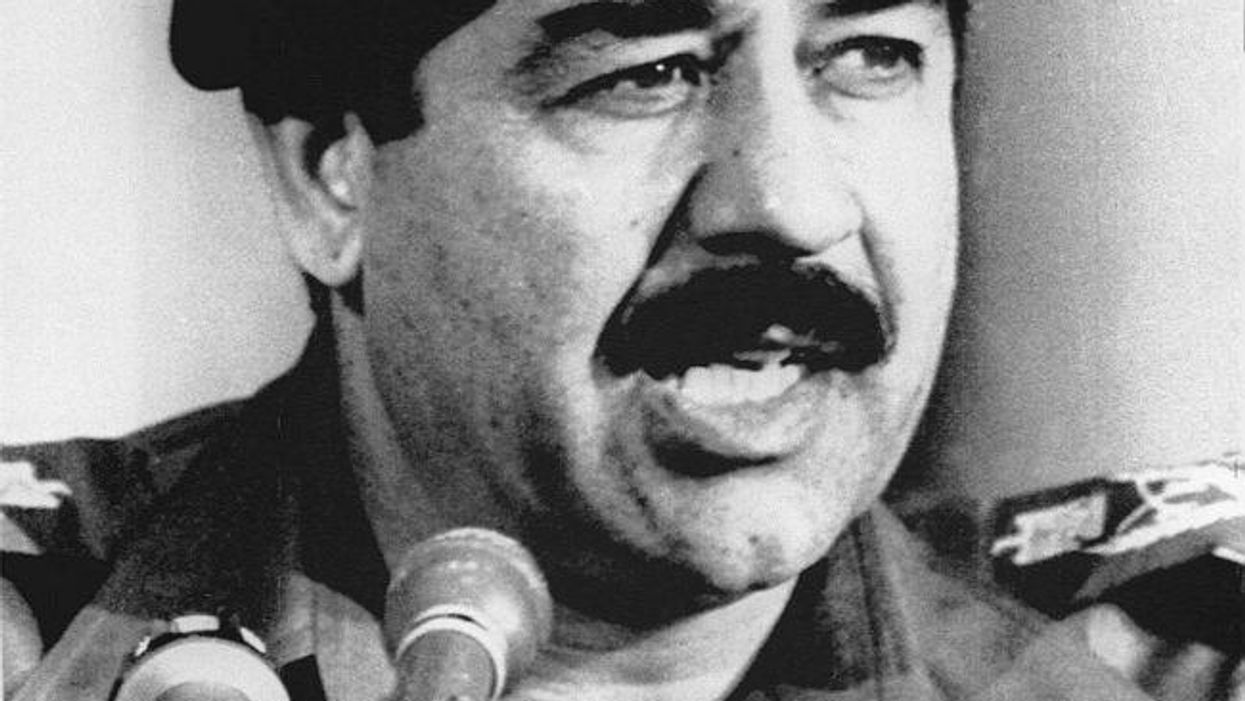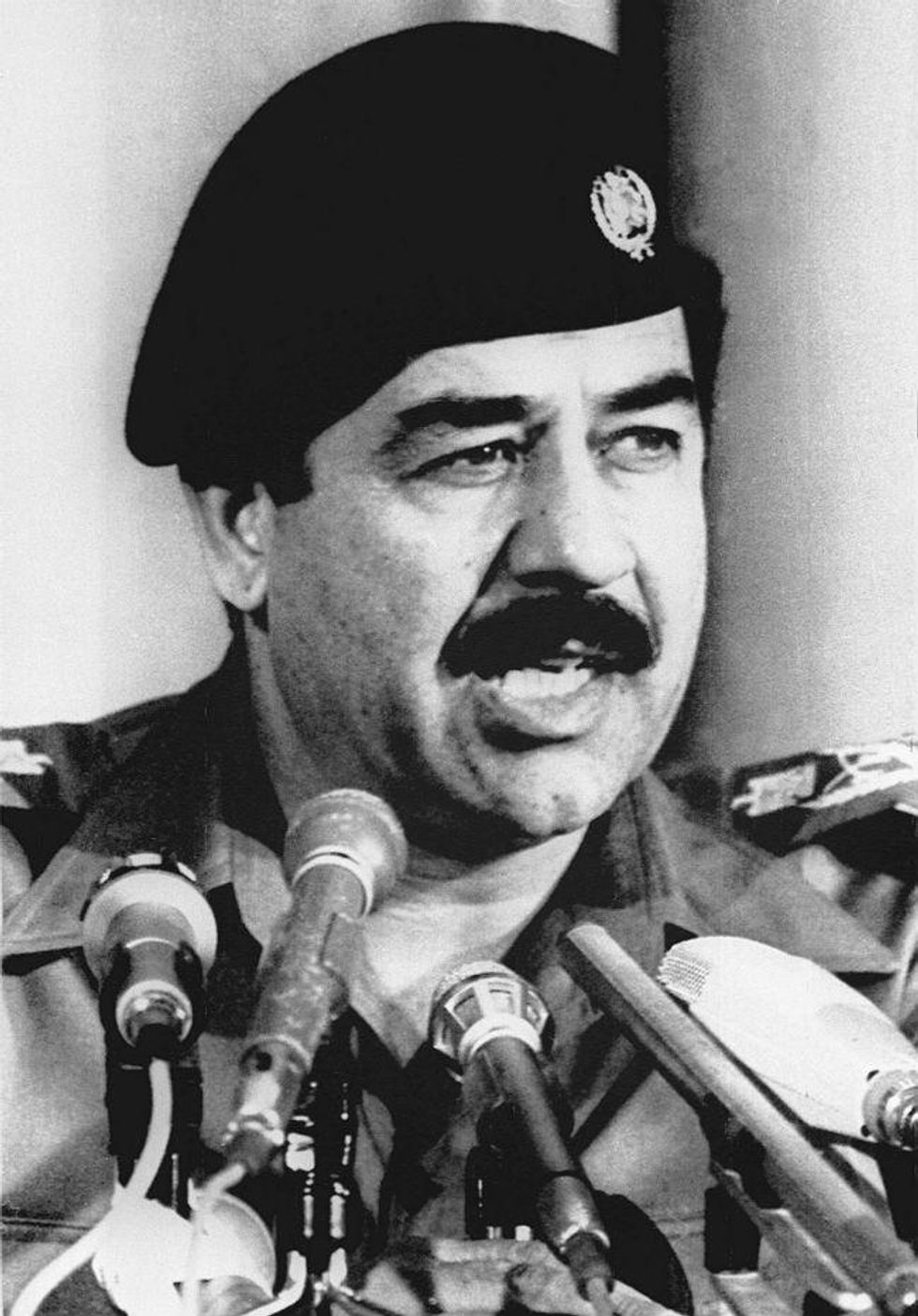News

The UK was unwilling to take action to stop Saddam Hussein from further expanding his chemical weapon stockpile in the Iran-Iraq war because diplomats warned Britain faced embarrassment over its own record on controlling such weapons.
Previously unpublished documents from 1983 show that former prime minister Margaret Thatcher and her government were keen to press for an international ban to thwart efforts by Saddam to increase the production and the use of toxic agents during the eight-year war with Iran, in which up to 1million people died.
But a highly classified Foreign Office file, released at the National Archives, shows officials became less enthusiastic about the idea after they received US intelligence suggesting that mustard gas was being manufactured at a pesticide plant north of Baghdad using British-supplied equipment.
Diplomats were concerned that the Indian contractor which had built the factory at Samarra had acquired pumps from a UK manufacturer, Weir Pumps, without disclosing their true purpose to the company. A Foreign Office official warned: "Our own position on CW [chemical weapons] exports is not invulnerable."
In the aftermath of the Iran-Iraq war, it emerged that Britain had been among several Western countries which were used by Iraq, often with the knowledge of intelligence services in those countries, to source both equipment and raw materials for chemical weapon manufacturing.
Up to 100,000 Iranians are thought to have died as a result of Iraqi chemical and nerve agents by the end of the war in 1988.
More: Why Thatcher could have been controversial for a very different reason
Top 100
The Conversation (0)














